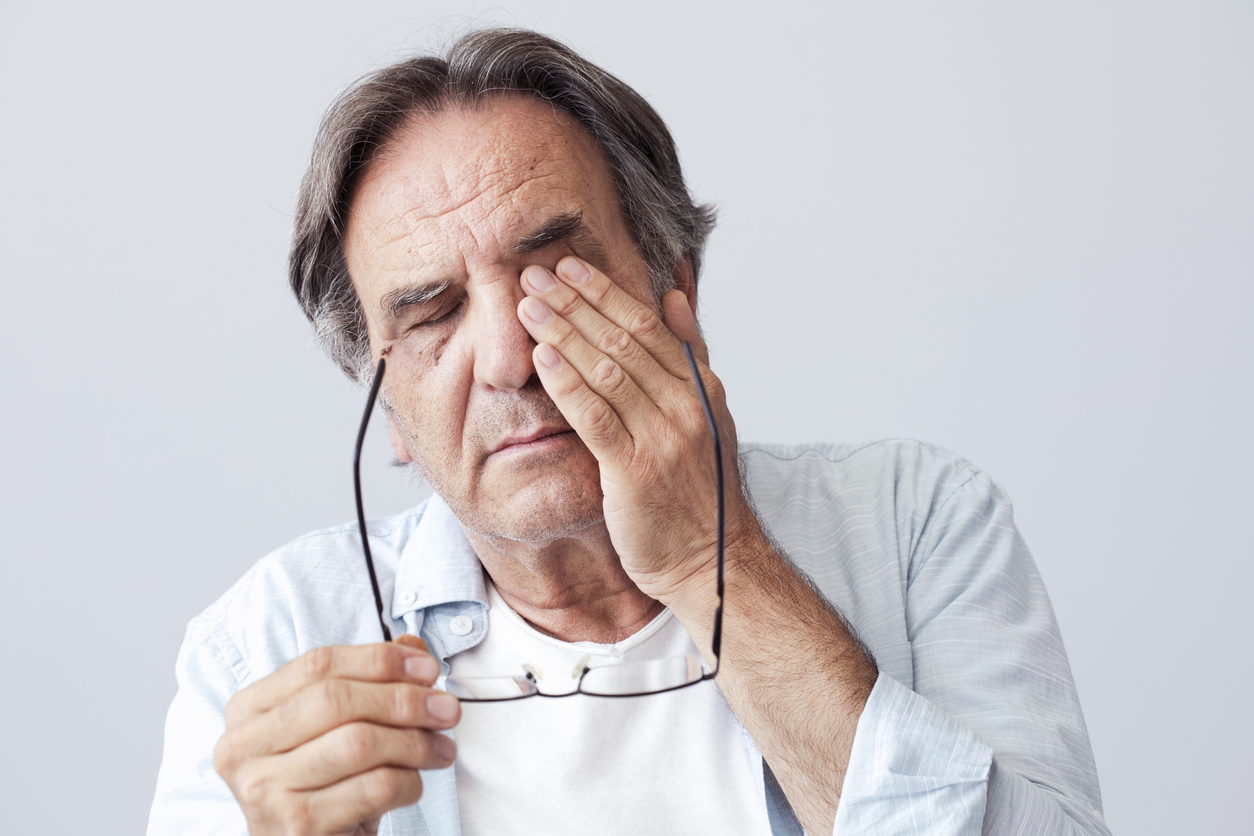Symptoms of alcohol withdrawal reflect the massive changes that one is embarking on in their recovery journey. Knowing the potential withdrawal symptoms of alcohol can help each individual prepare for such a tumultuous change and emerge with their sobriety and recovery goals still in focus.
Overcoming alcohol use disorder (AUD) is a difficult task, and there is no easy way to navigate such a time of change. From daily routines to one’s changing one’s mentality, addressing addiction or AUD is complex. However, some of the most difficult hurdles occur just as one is beginning to commit themselves to a dedicated detox program.
What Is Withdrawal?
Withdrawal is a difficult time of adjustment. An addiction to alcohol can affect every facet of one’s life, from one’s physical and mental health to their professional life, personal relationships, and much more. However, as one continues to engage with alcohol, one’s body and mind become accustomed to its effects, ingratiating the substance as a faux necessity in daily life. One may feel as if one cannot function “normally” without its use, and the body and mind may react in unhealthy ways if it does not get what it is expecting.
Withdrawal is the collection of symptoms that come with one’s body returning to healthier homeostasis, denying the body and mind what it has come to expect as one processes and expels the traces of alcohol in their system. While this readjustment is entirely necessary for those beginning their journey to a sober life, it can also be filled with uncomfortable, and even painful experiences. Knowing what to expect during this part of one’s recovery journey can help each individual prepare accordingly and utilize the resources available at dedicated medical detox facilities to navigate this time safely.
Timeline of Alcohol Withdrawal
While unfortunate, there is no entirely comfortable way to navigate withdrawal. There will be some challenges along the way, with withdrawal symptoms affecting both one’s physical and mental health.
The timeline of one’s withdrawal symptoms can also be unique to an individual, depending on how much alcohol one is used to drinking in a single sitting or through the course of the day, the frequency of drinking, and any other substances that one may be using in conjunction with alcohol. However, there are some guidelines that can help an individual prepare to navigate withdrawal along with the help of professionals.
Depending on the individual, withdrawal symptoms can set in within hours of one’s last drink. Some of the more immediate alcohol withdrawal symptoms include:
- Nausea
- Vomiting
- Shaking or trembling
- Anxiety
- Depression
- Paranoia
- Sweating
- Difficulty regulating body temperature
- Mood swings
- Panic
Navigating any of these symptoms can be extraordinarily difficult, and one may feel each of these symptoms while battling urges and cravings to reengage with alcohol. The beginning of one’s treatment and recovery journey is often wrought with new challenges, and relapse can be common during these first few steps.
Some may feel the overwhelming compulsion to reengage with alcohol, while others may turn to alcohol again against their better judgment simply in an effort to get withdrawal symptoms to cease. However, while these symptoms can onset quickly, they do not mark the end of one’s withdrawal, and trained professionals are necessary to help an individual navigate any future symptoms as they continue through detox.
Continued Alcohol Withdrawal
After the first few hours, some people may still be experiencing worsening withdrawal symptoms. Feelings of anxiety, depression, panic, aches, nausea, and more are all still incredibly common. However, depending on one’s frequency and intensity of use, audio, visual, or olfactory hallucinations are also possible, typically between the first 12 to 48 hours after one’s last drink. Confusion, nightmares, difficulty sleeping, fever, and more are all possible during this time frame as well, in addition to any withdrawal symptoms still present from the beginning of one’s cessation of alcohol.
These symptoms can persist for a few days, with each individual having their own unique experiences and timeline of withdrawal. While each individual may not experience withdrawal in exactly the same way, this phase of one’s treatment and recovery is always challenging.
In a few circumstances, delirium tremens (DT) is also possible. This is an intense and dangerous form of alcohol withdrawal that mostly manifests in those with prolonged, heavy use of alcohol and is marked by intense withdrawal symptoms that can even be life-threatening. Medical care is necessary to navigate DT, and trained medical professionals can help an individual identify DT early on and provide the necessary care and support.
The Necessity of Medical Detox
Wanting to detox on one’s own can be tempting. However, with the unforeseen withdrawal symptoms and challenges that one may face, it is an unnecessary risk. Trained medical professionals can help an individual not only manage these discomforts and challenges but help an individual understand and overcome their unique symptoms.
Typically, withdrawal symptoms will begin to subside within five days. However, this is not always the case, and some individuals may experience symptoms lasting for a prolonged period of time. Medical professionals and a dedicated, safe detox environment can help each individual overcome the intense symptoms of alcohol withdrawal and successfully transition to further phases of treatment in one’s journey to a healthy, sober life.
Alcohol withdrawal symptoms can be incredibly difficult to process, and we at Buena Vista Recovery are committed to helping you not only navigate such a difficult time of change but also help you embrace new strategies and communities to maintain these sober transformations. Navigating withdrawal and detox is just the first step, and our effective community, backed by trained professionals and understanding peers, is ready to help you create a personalized recovery program to address your unique needs and goals throughout each stage of recovery. From a comfortable and supportive atmosphere to proven therapeutic and medical support, we can help you overcome alcohol use disorder today. For more information on how we can help you, call us at (480) 741-9414.




